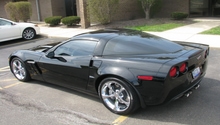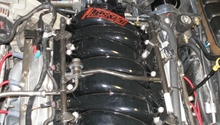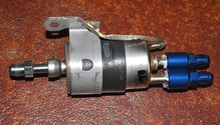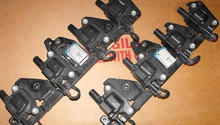Corvette: Why is My Car Losing Power?
You certainly didn't buy a Corvette to experience a power deficiency, but what exactly could cause such an issue? Read more to find out.
This article applies to the C5, C6 and C7 Corvette (1997-current).
You're out for a drive, your hair is blowing in the wind and you smash the gas pedal for a reminder of the big block under the hood. But instead of a furious jolt, you get a lousy push. While you expect to get the ride of your lifetime every time you hit the throttle, mechanical issues do happen. The V8 under the hood requires the following to go fast: fuel, air, a way to ignite the two, and proper compression. Thankfully, process of elimination helps get to the bottom of the issue. Assess the following components to get your Corvette's power back on track.
Fuel Filter
Is your 'Vette getting enough fuel?
Finding out if there is fuel in your car is as simple as looking at a gauge, but how much gas you are actually getting through the fuel lines? A clogged fuel filter can cause a variety of issues:
- Lack of fuel flow in the fuel lines.
- Low fuel pressure into the engine.
- Bad air and fuel mixture causes MAF sensors to deliver inaccurate throttle input.

Figure 1. A fuel filter has a fuel line on each end. 
Figure 2. Dirty vs. clean fuel filter.
Air Filter
Can your 'Vette breathe properly?
Air filters supply the engine with clean, filtered air. So if the air filter or any of its components are clogged, the engine won't receive air to combust. You can check this by accessing the airbox, removing the filter, and visually checking it for gunk. If you have a factory paper air filter, you can replace it; if you have an aftermarket filter, it may be washable.
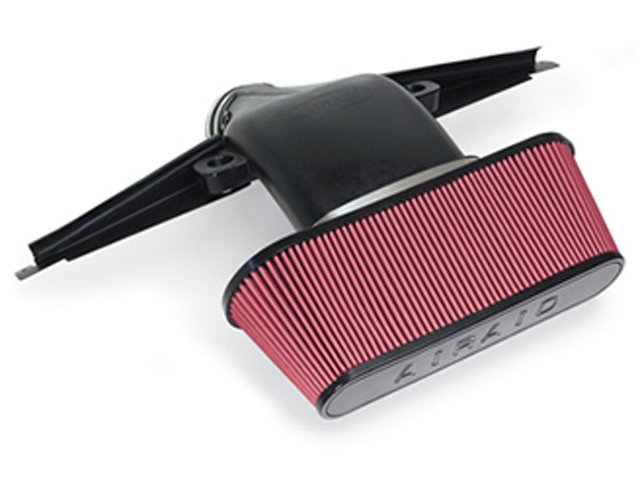
Figure 3. This is what a clean, washable Corvette air filter looks like. 
Figure 4. Clean vs. dirty air filter.
Electric System Components
Are there any electrical quirks?
Spark plug wires, spark plugs, and ignition coils transmit the electricity required for the engine spark that creates combustion. Check for the following signs:
- Spark plug wires have cracks or tears.
- Spark plugs have damage, carbon build up, etc.
- An old ignition coil could give out under firing load and send the wrong signal to the car's electronics, causing lag or loss of acceleration.

Figure 5. Spark plug wires with cracked boots. 
Figure 6. Worn out vs. brand new spark plug. 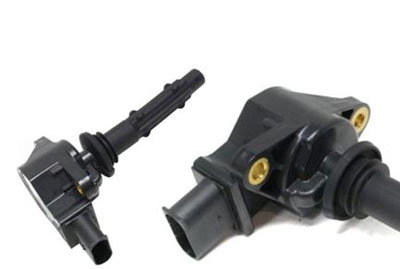
Figure 7. Ignition coils.
Fuel Injectors
Are the injectors dirty?
Fuel residue and other impurities cause fuel injectors to clog and block fuel flow. Injectors need to spray the right amount of fuel at the proper rate to burn and atomize fuel. Badly ignited fuel could cause engine misfire, most commonly felt by stuttering.
- Remove fuel injectors and examine the tip; if there is any gunk or build up of any sort, you are better off replacing rather than just cleaning them.

Trouble Codes
Have you used an OBD reader?
Problems can be diagnosed by old fashion "feeling," but some can't. That's when it's time to plug up to the computer. It's a known issue in forums for the TCS, or Traction Control System, to cause loss of power. This is not because of the actual TCS, but because the electric reaction it creates leads to power loss. If the above steps haven't fixed the problem, it's time to plug in.

Related Discussions
- Traction Control and TCS issues - CorvetteForum.com
- Loss of Power Characteristics - CorvetteForum.com


